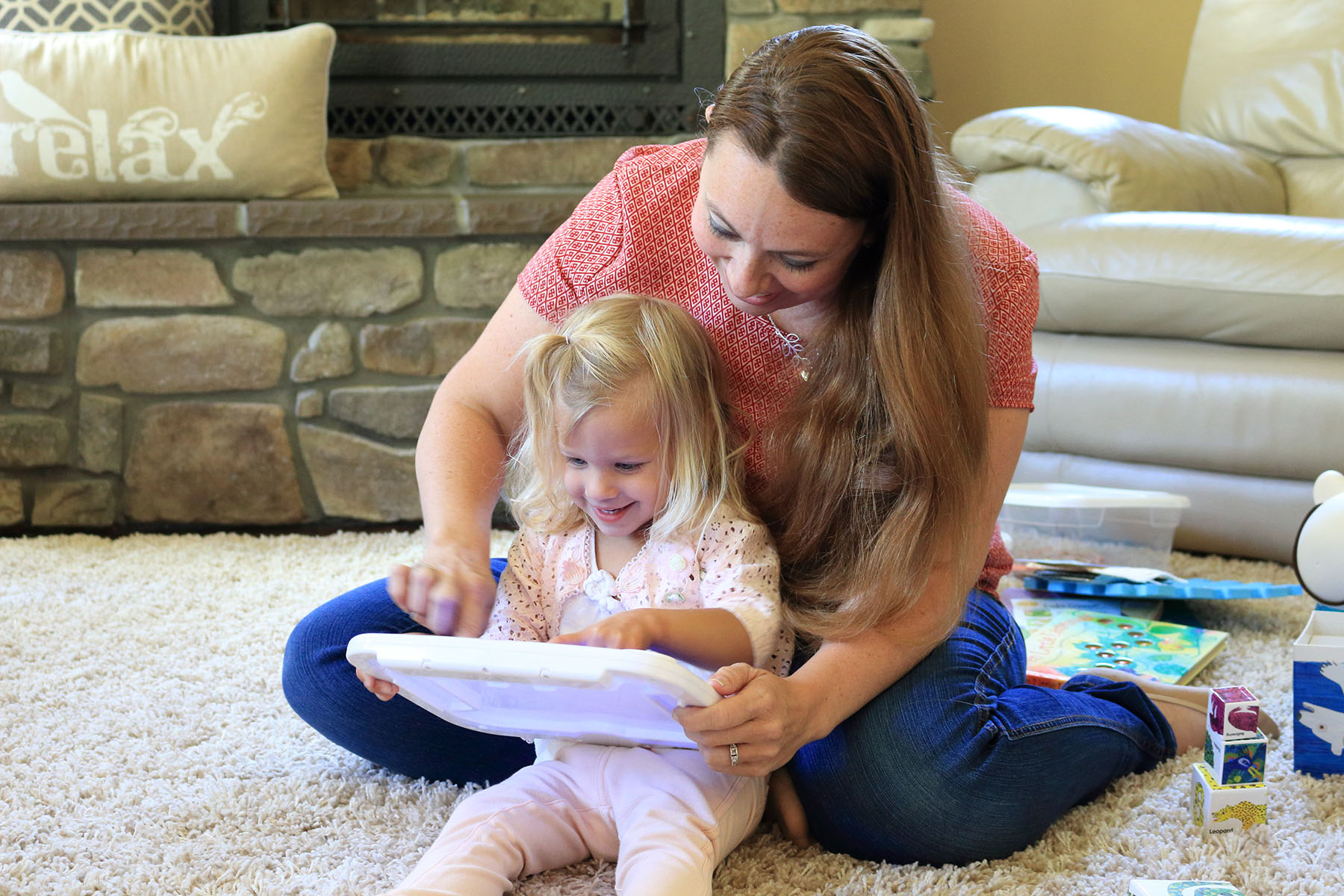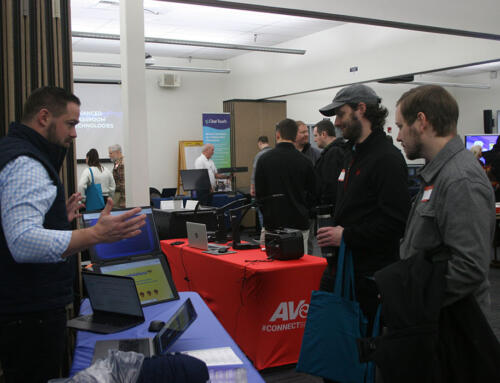As with many programs and services over the past year, ESD 112’s Birth to Three Early Intervention program made the switch from an in-person structure to a completely virtual one. And while that challenge may not have been unique across the agency, it was quite a feat for a program built around personal interactions with young children who have developmental delays.
“None of us were sure how we were still going to be able to provide for families, but our creative staff stepped up to the task,” said Early Intervention Director, Carol Hall, when asked to reflect on the past year. “And now, look how far we have come and how many families that were still able to receive exceptional services despite moving online! I am so impressed with how our therapists and staff have communicated with our families through all of this.”
When families enter the Birth to Three program, they are only receiving services for a short period of time before they transition to a community program such as school district preschool, Head Start or Early Childhood Education Assistance Programs (ECEAP). Once a family’s child is evaluated in Early Intervention, they are assigned to a primary care provider such as a Physical Therapist, Occupational Therapist, Teacher, Speech Language Pathologist, Social Worker or Autism Specialist.
“We find the best fit for each child and also match them with one of our trained Family Resources Coordinators (FRCs),” explained Hall.
Since switching to the virtual structure, coordinators have found that many families are actually more engaged with the program because they are physically there and able to assist their child, giving them true ownership over their child’s progress. And because the Birth to Three program is a coaching model, providers can work with parents in a way that makes their daily routine at home easier.
Another example of the virtual structure benefitting families in a way that the in-person arrangement did not, is when a child is ill or in cases where the family lives several hours away. Online assistance allows those individuals to continue to participate, and to do so in the convenience of their own home.
“Our FRCs go above and beyond, helping families in many ways and constantly seeking out resources for them,” said Hall. “This new virtual interaction with providers has given families access to our services from the safety and comfort of their home, and I am very proud of how everyone has adapted.”
Through a grant, the Birth to Three team gained access to tablets equipped with Wi-Fi that they can loan to families for easier access to virtual visits.
“Now that families are comfortable and understand that virtual meetings are easily accessible to them, we will continue to see a rise in use,” Michelle Black, the program’s Intake Coordinator.
Birth to Three Early Intervention provides services to families in all school districts in Clark, Klickitat, Pacific and Skamania counties. To learn more about the program, visit the Birth to Three program page.




